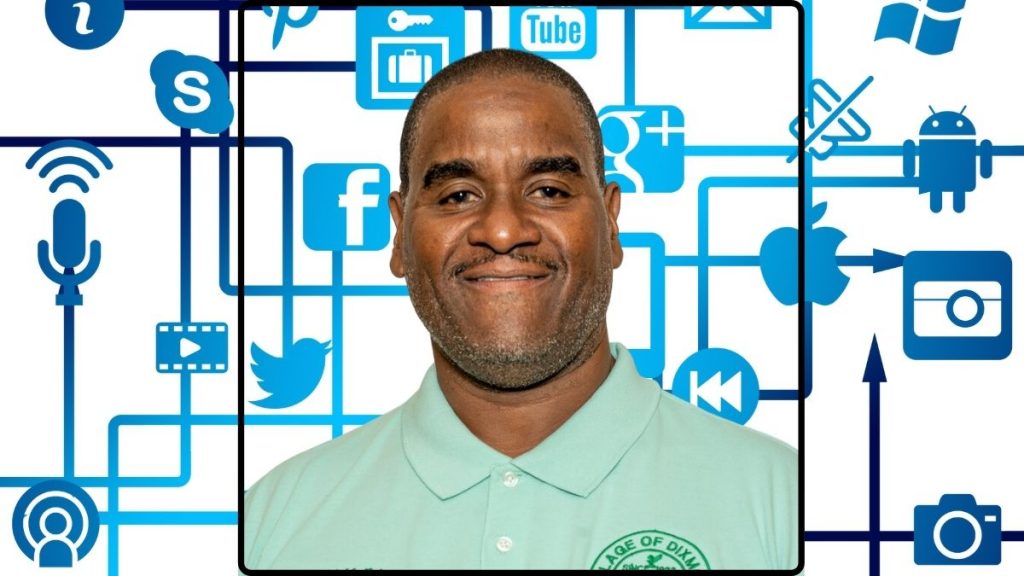OpEd: Illinois Must focus on Improving Internet Services in Minority Communities

![]()
OpEd: Illinois Must focus on Improving Internet Services in Minority Communities (Dixmoor, IL) — Access to fast, reliable Internet is no longer a luxury. It is a necessity.
Kids need access to the Internet to do research for school projects. Parents need Internet to pay bills, work from home and order groceries.
The Internet also is a way for families to save on entertainment. Instead of paying top dollar for cable and satellite TV providers, the Internet gives families the opportunity to get the same programming for a fraction of the price. The key, of course, is access to fast, reliable Internet service.
There are far too many communities throughout the region that simply do not have access to reliable Internet services. Thankfully, there are efforts underway to address these concerns but unfortunately the grim reality is minority communities seem to be on the backburner when it comes to the installation of the next generation of Internet service.
It is imperative for our leaders to assist vulnerable communities, which are predominately made up of people of color, in getting online. Unfortunately, we won’t make progress unless we address the role digital redlining has played in preventing these communities from accessing the online resources that they need.
“Digital redlining” refers to the practice of providing wealthier areas with more modern broadband infrastructure with faster data speeds, while neglecting poorer communities and leaving them with outdated, slower technology. Digital redlining can have a wide array of negative impacts, including in the classroom.
In a survey conducted in 2021 survey, the think tank New America, found that 56 percent of lower income families with students ages 3-13 had below average internet connections and these digital challenges were especially difficult for Black and Hispanic households.
Slow Internet connections creates all kinds of challenges for modern families. It makes it difficult for kids to access the Internet at the times they need to get online for school projects. This was especially problematic during the pandemic when many schools went to online learning rather than in-person learning, which made it difficult for them to access the digital resources they needed to learn.
Here in Illinois, Black and Brown communities are lagging behind in access to fast, reliable Internet service in part because of digital redlining. Perhaps the most egregious example of digital redlining is seen across AT&T’s fiber footprint. The most recent map of AT&T’s fiber deployment in Chicago’s South Side, which is over 90% Black, shows that AT&T has deployed hardly any up-to-date technology compared to its investment in the City’s North Side communities.
What is needed is in an investment in Internet service for Black and Brown neighborhoods. These communities deserve the same kind of access to the Internet as other communities. We don’t know when the next pandemic will hit. We don’t know when students will once again have to do school online and people will again be forced to work from home. We don’t know when these things will happen, but it has happened before, and it will likely happen again.
We must prepare for these almost certain future events and ensure ALL communities have access to fast, reliable Internet service. The pandemic exposed the problems and challenges minority communities are facing. Now, it is time to fix those problems.
OpEd: Illinois Must focus on Improving Internet Services in Minority Communities








Responses